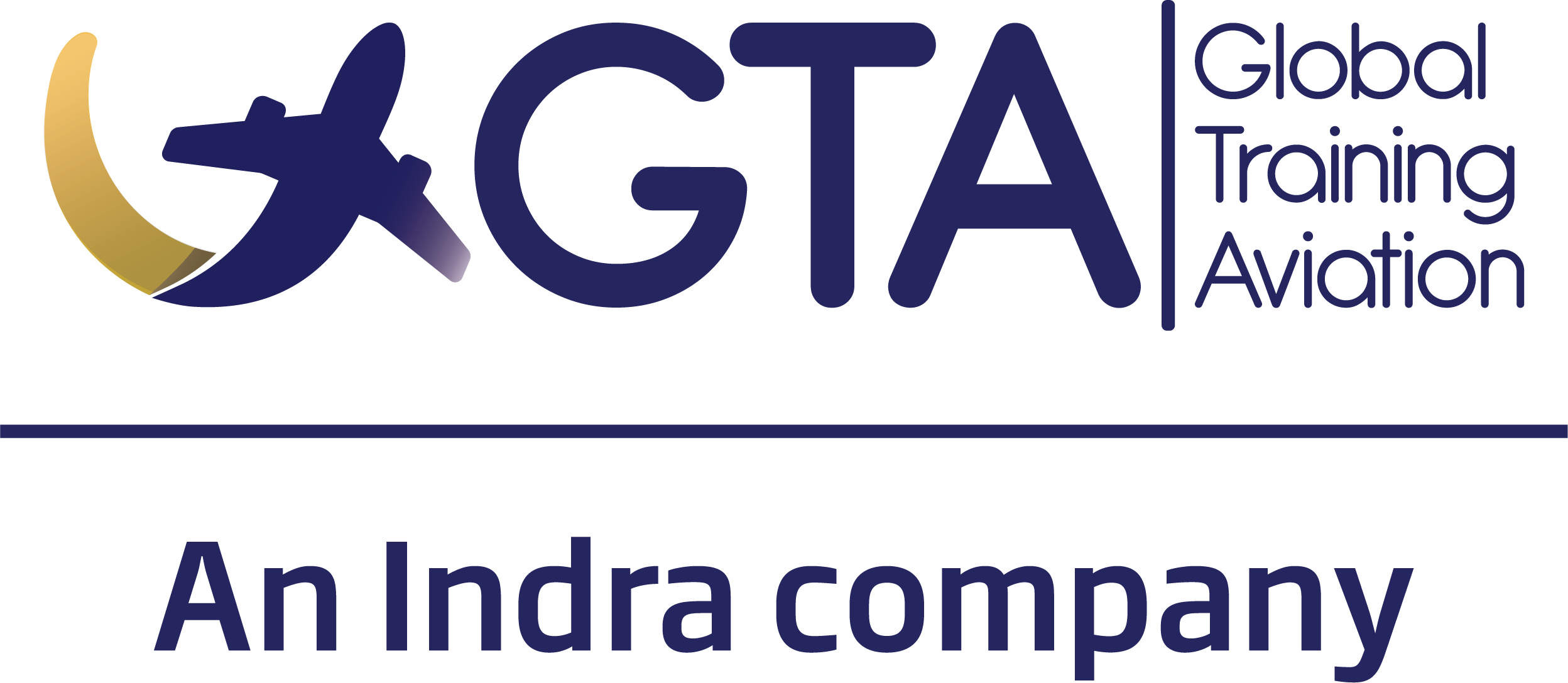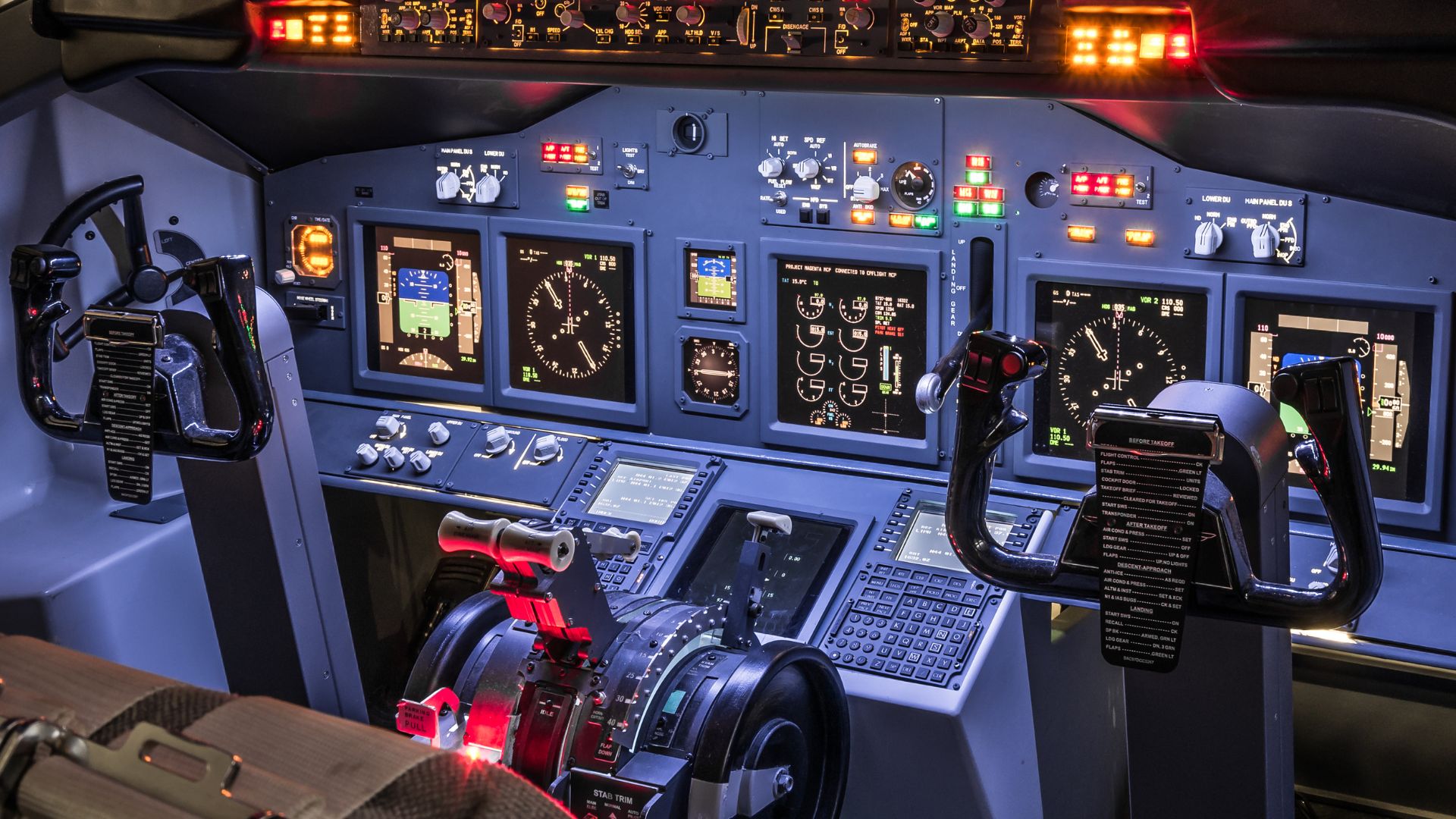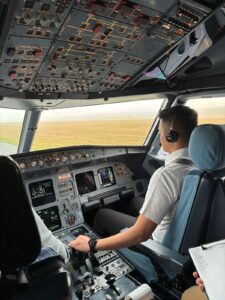Training in Full Flight Simulators (FFS) offers many advantages for pilots. Whether you’re aiming for a type rating on the Airbus A320, Boeing B737, or ATR 500/600, FFS training is crucial for your professional growth. Let’s explore why.
1. Realistic Training
FFS provide an incredibly realistic training environment. Unlike other simulators, they replicate the full cockpit, systems, and flight dynamics. This means you get to experience both routine and emergency situations, all without leaving the ground.
Additionally, you can practice complex scenarios, like engine failures or severe weather, safely. This hands-on experience is essential in preparing you for real flights.
2. Cost-Effective
FFS training is much more cost-effective than traditional flight training. Flying an actual plane can be expensive, but simulators allow you to practice numerous maneuvers without the high costs.
Moreover, you can accumulate more hours for less money, which is particularly helpful when completing type rating courses. It’s an affordable way to meet your flight hour requirements without compromising on quality.
3. Flexible and Convenient
One of the best things about FFS training is its flexibility. You don’t have to worry about weather conditions or aircraft availability. Simulators are available year-round, making training more convenient.
Also, training sessions can be scheduled to fit your needs. Whether you need to focus on emergency procedures or system management, FFS lets you target specific skills efficiently.
4. Master Complex Systems and Automation
FFS training allows you to master the aircraft’s advanced systems. For Airbus A320, Boeing B737, and ATR 500/600 aircraft, simulators are equipped with state-of-the-art avionics. This is essential for learning how to manage complex flight systems.
In addition, you’ll get hands-on practice with automation and autopilot systems, which are increasingly important in modern aviation. These systems may be complicated, but FFS provides the perfect environment to learn them thoroughly.
5. Safe Environment for Skill Building
FFS offers a safe environment to build both basic and advanced skills. You can start with simple maneuvers and gradually move to more challenging ones. The best part? There’s no risk.
You can practice without worrying about real-life consequences, which boosts your confidence. You’ll also be able to handle stressful situations more calmly, knowing you’ve already dealt with them in a simulator.
6. Compliant with Aviation Regulations
FFS training meets the high standards set by aviation authorities like EASA, FAA, and DGCA. This ensures that your training is not only realistic but also fully compliant with international regulations.
By training in an FFS, you’re preparing for type ratings that will meet regulatory requirements. Whether you’re training for the A320, B737, ATR 500 or ATR 600, FFS ensures that you are fully qualified.
7. Enhanced Pilot Safety
FFS training plays a critical role in improving pilot safety. You can practice handling in-flight emergencies, such as system failures or sudden weather changes, all in a controlled setting.
With FFS, you develop strong situational awareness, which is essential for safe flying. The ability to think and act quickly in emergencies can be a game-changer in real flights.
Choosing Global Training Aviation will launch you into new horizons and take your career sky high. Ready to take off?





